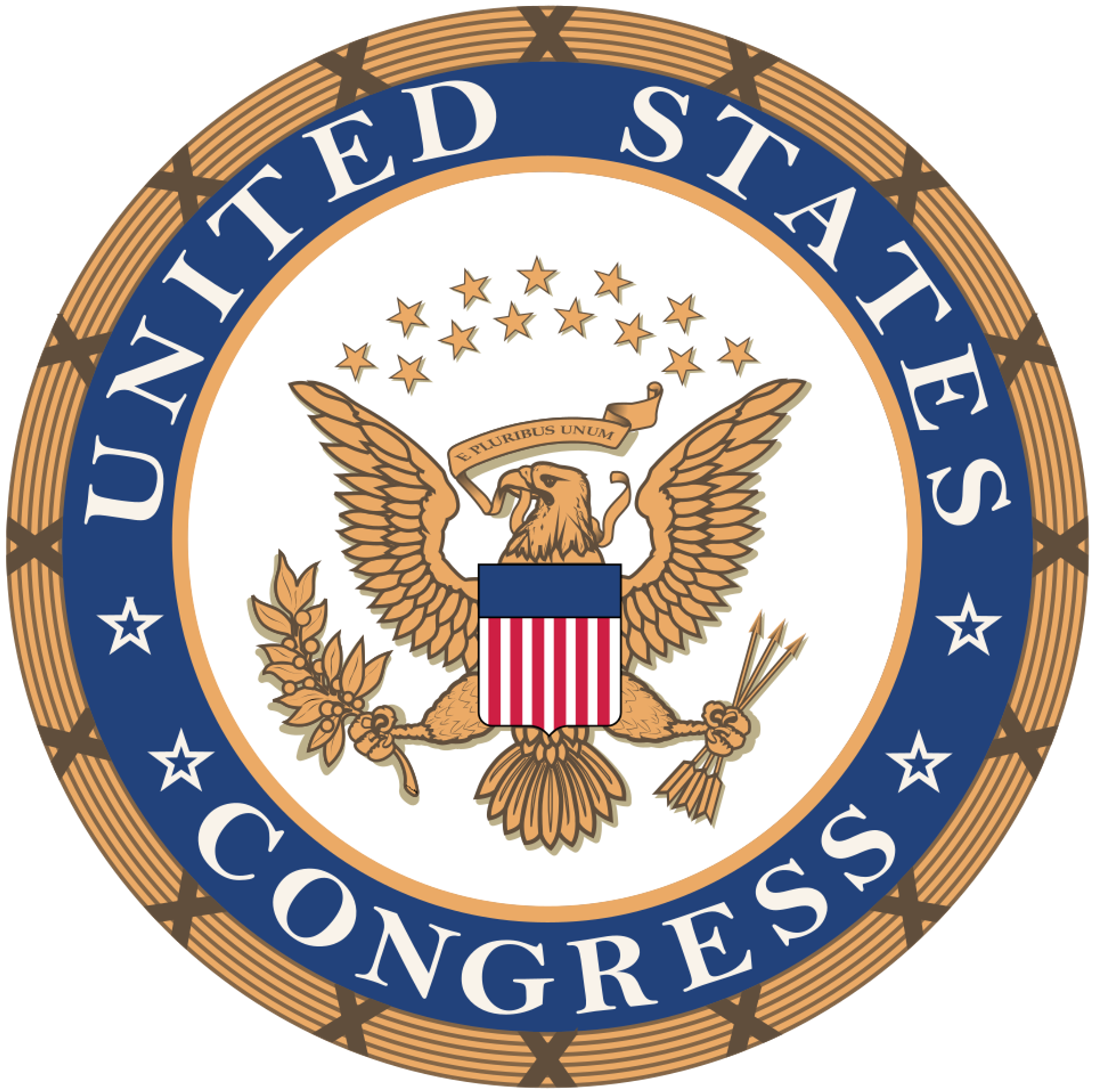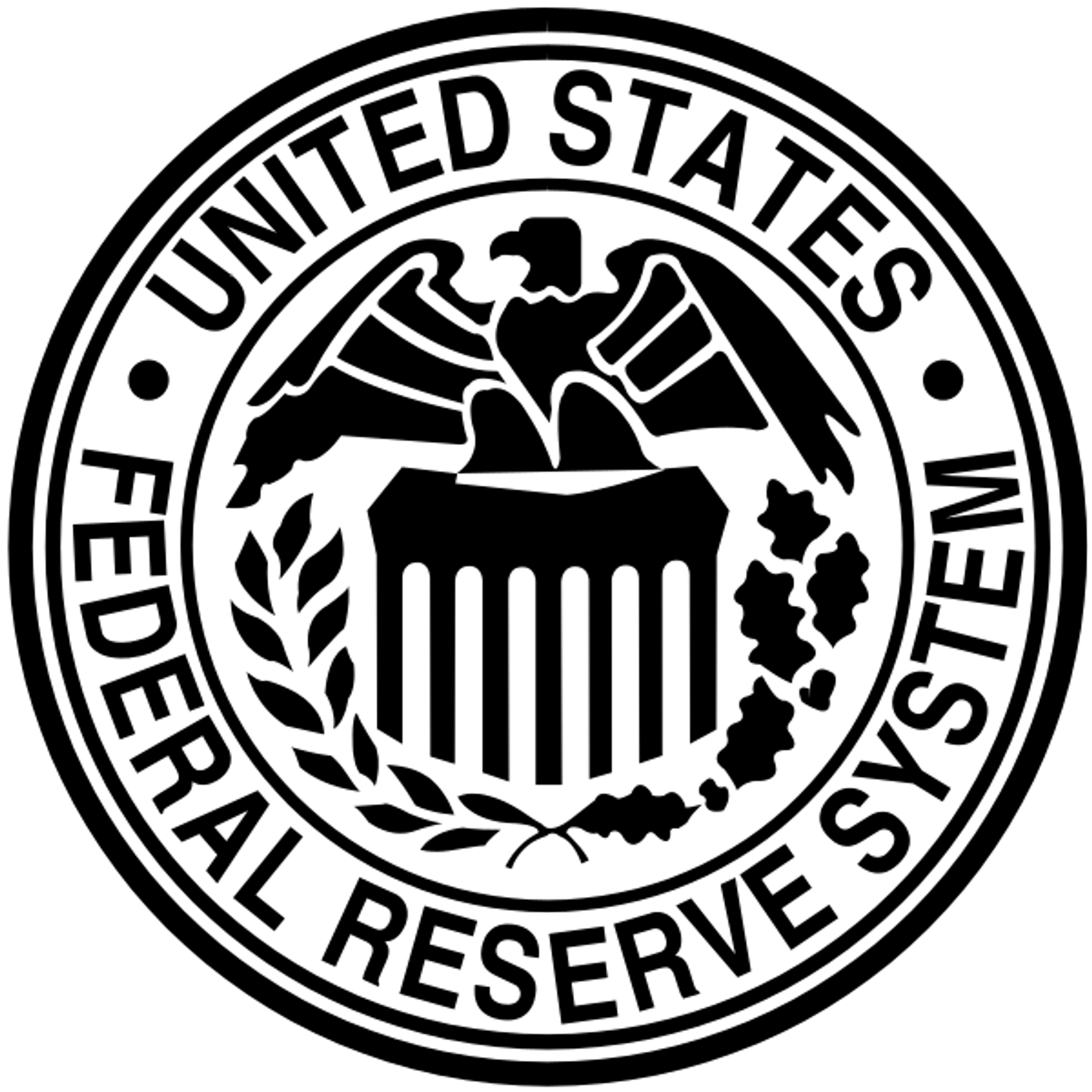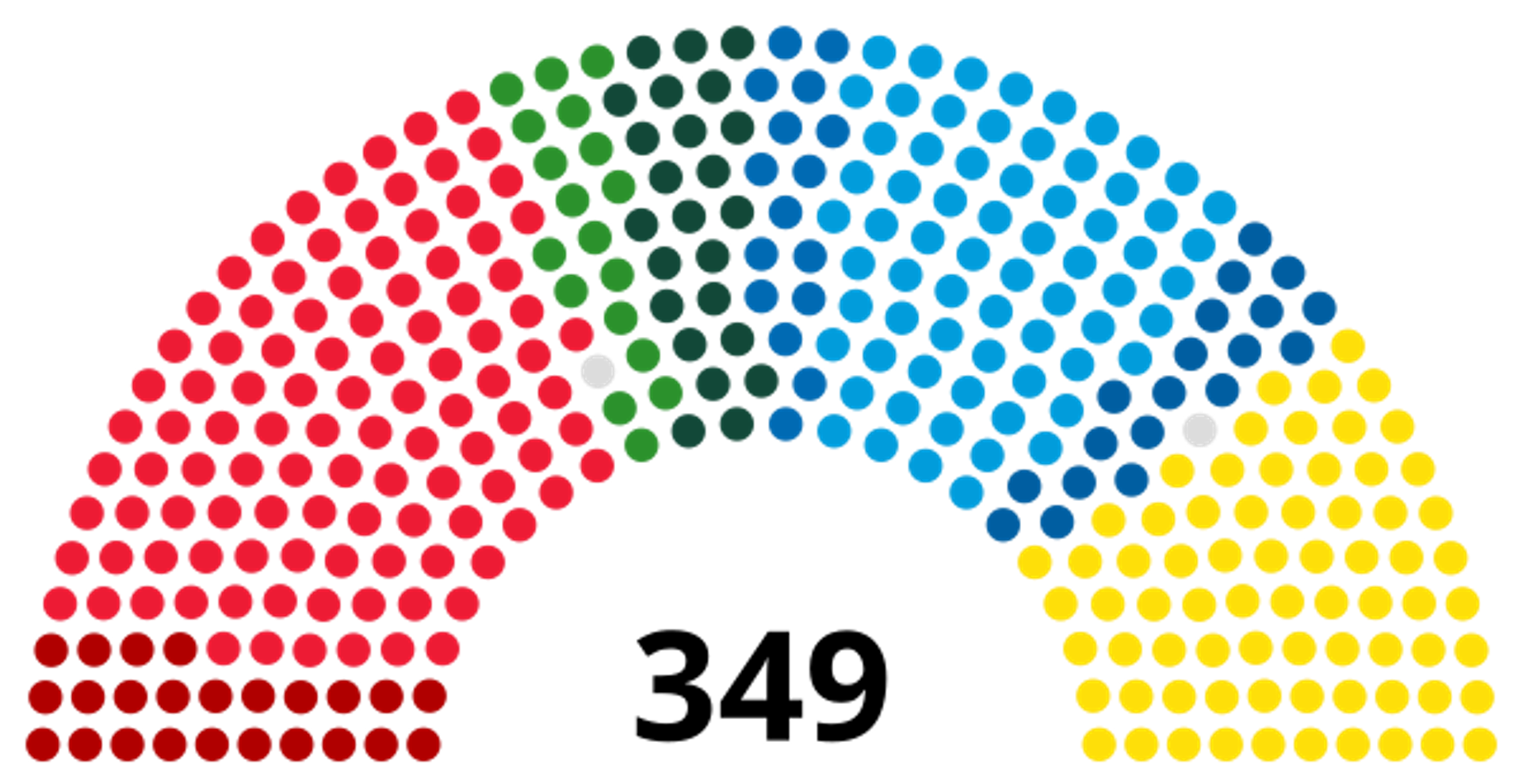
United States Congress
What do people say about United States Congress?
The perception of the U.S. Congress in Sweden is largely negative, with strong sentiments focusing on its inefficiency and the partisan divide that hampers effective governance. Many view Congress as a body that frequently fails to address pressing issues due to political gridlock, which has led to disillusionment among international observers. Despite occasional bipartisan efforts, these are often overshadowed by the prevailing perception of dysfunction. The recent legislative stalemates and failure to implement significant reforms further tarnish its reputation globally, especially in a country like Sweden that values consensus in governance.
Where are the conversations happening?
Critical discussions primarily emerge from sources like Swedish news outlets that highlight the dysfunction in U.S. politics compared to Sweden's more cooperative political culture. Editorials and opinion pieces often focus on the perceived chaos in Congress, reflecting a broader skepticism about American democracy's effectiveness. Additionally, social media platforms amplify these views, with users sharing frustrations about U.S. political gridlock. The contrast between U.S. and Swedish political systems is a recurring theme in the analysis.
What are the topics trending around United States Congress?
Discussions about political polarization, legislative gridlock, and the effectiveness of democracy are gaining traction, especially in light of recent U.S. elections and their outcomes.
Why are these topics trending?
These topics are trending due to global interest in the functioning of major democracies and how their internal conflicts impact international relations and policy-making.
How is United States Congress being talked about?
Detailed breakdown of public sentiment and conversations about this entity.
Impact vs Sentiment
See how each entity's high impact percentage relates to their positive sentiment percentage from actual mentions.




